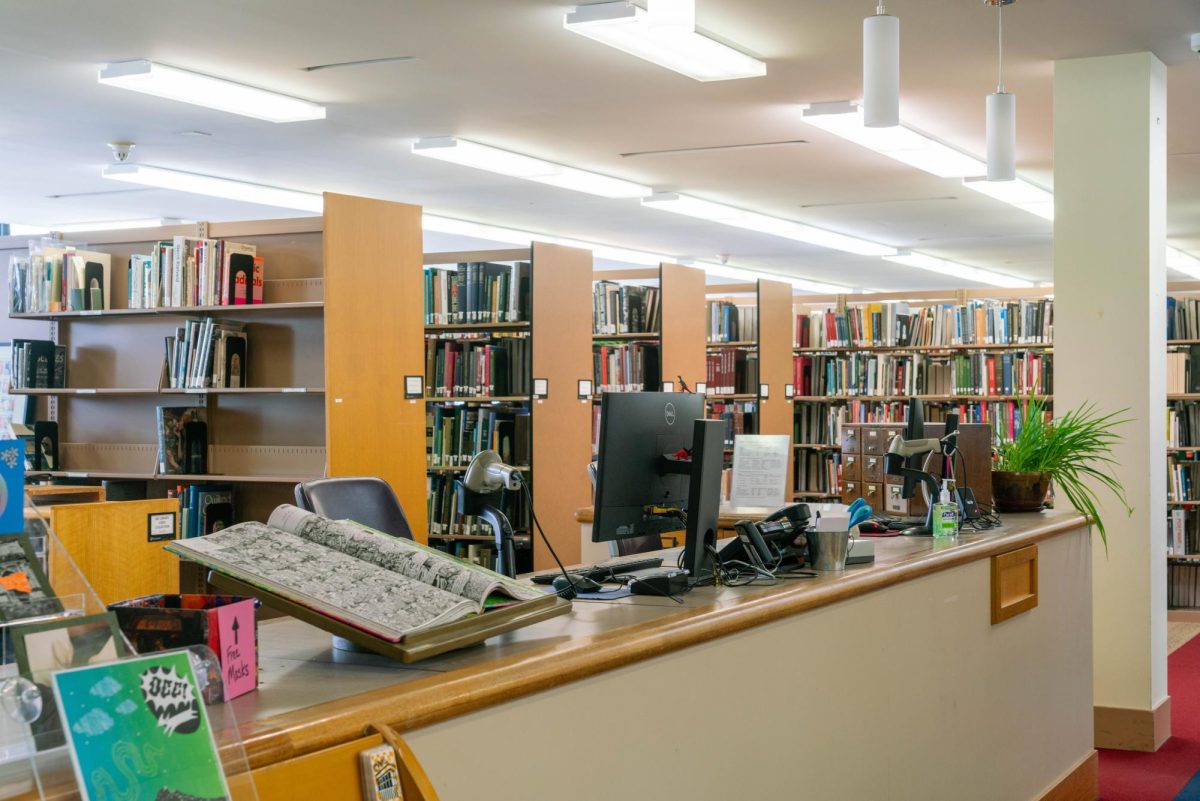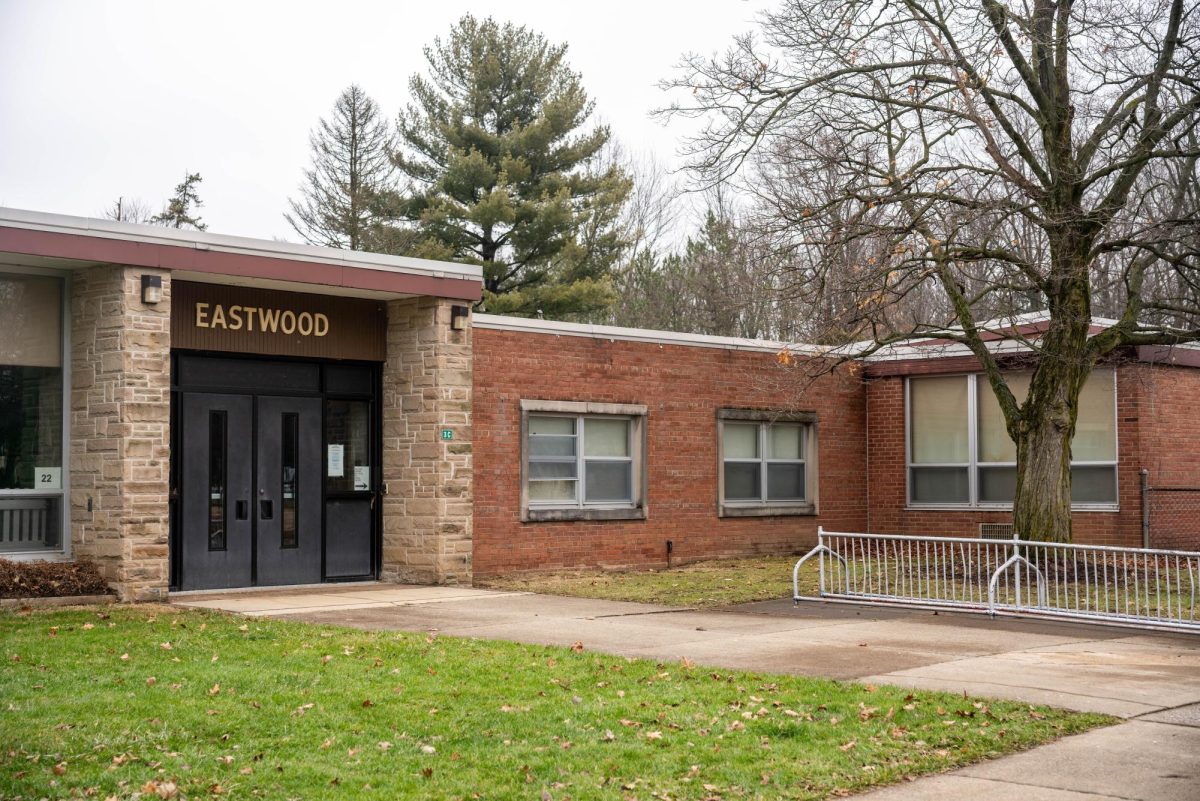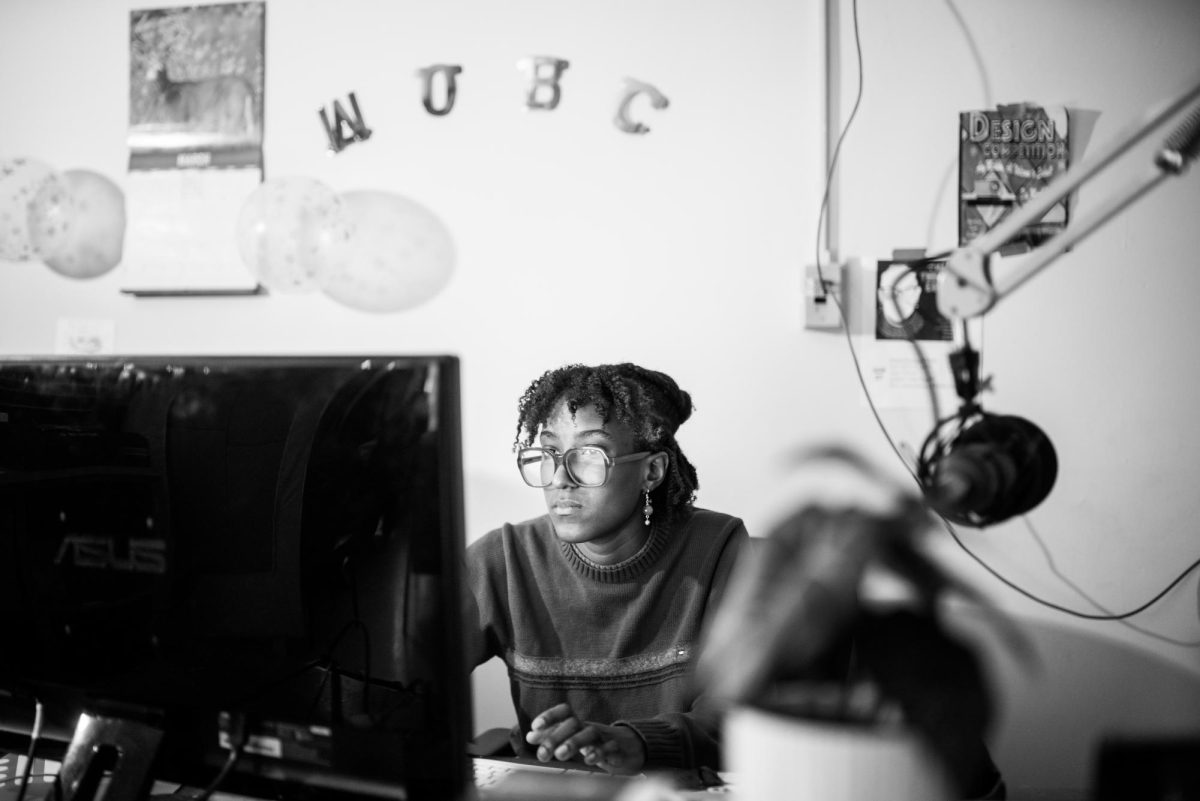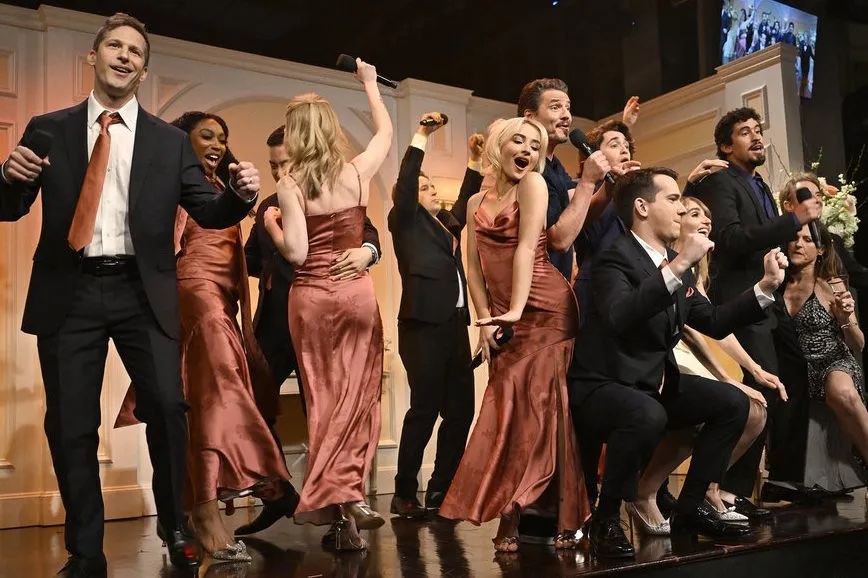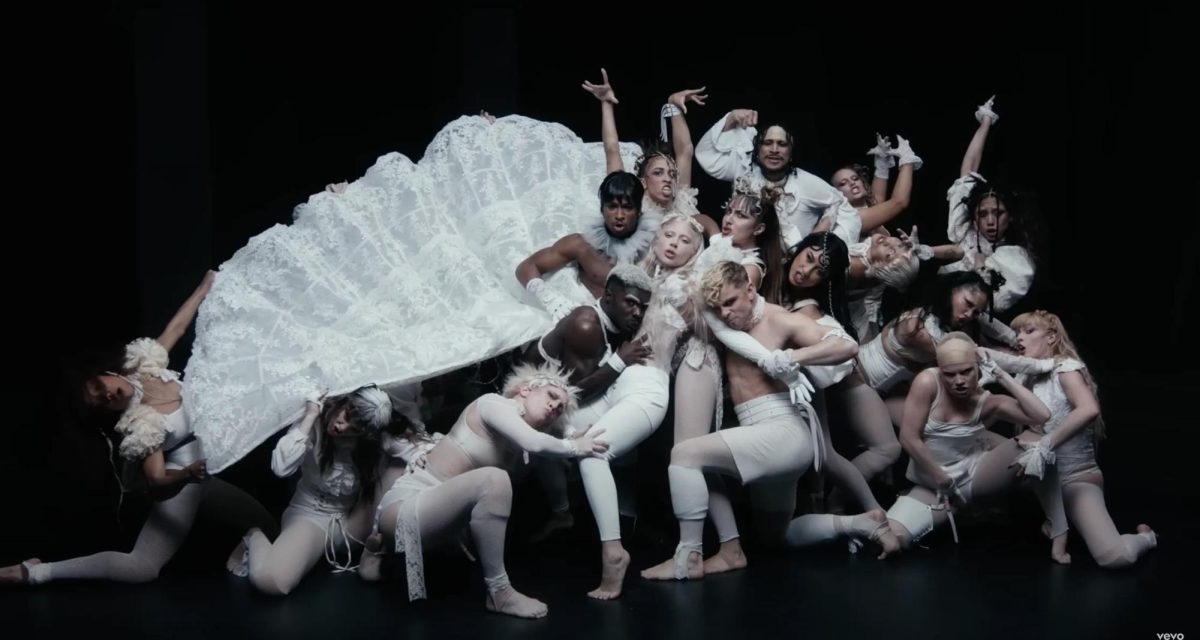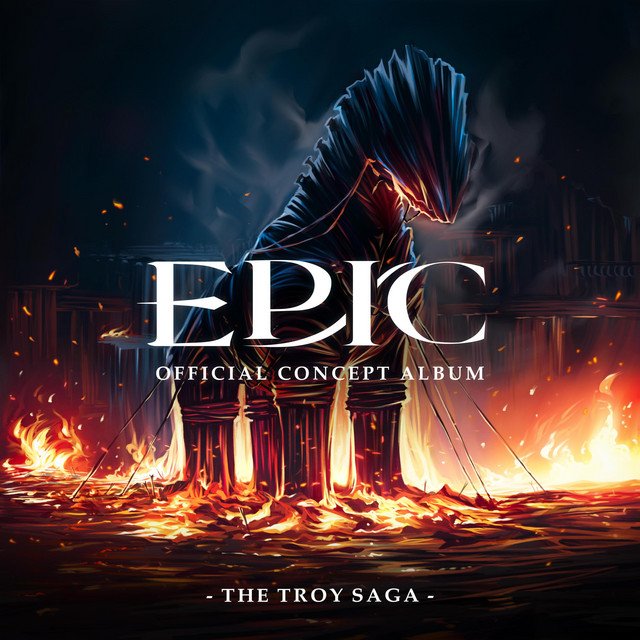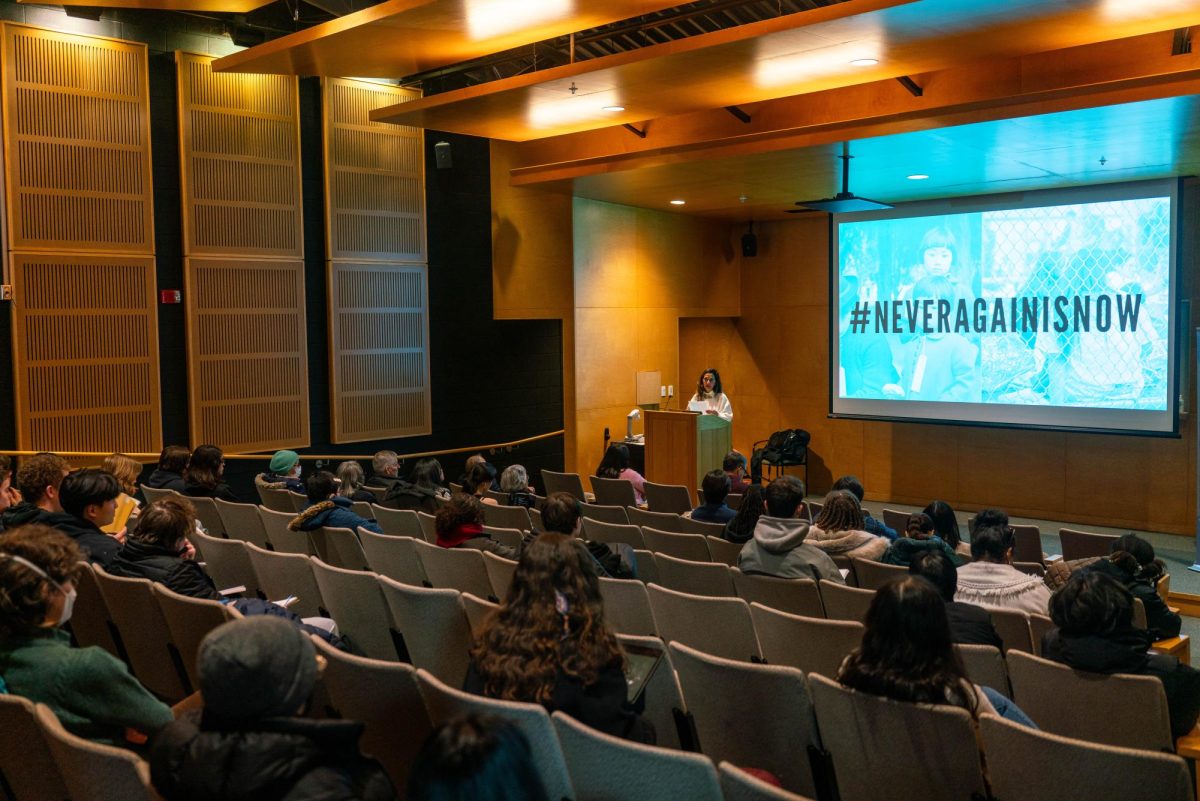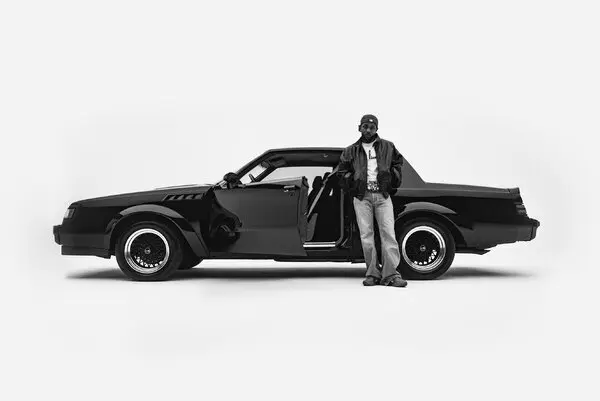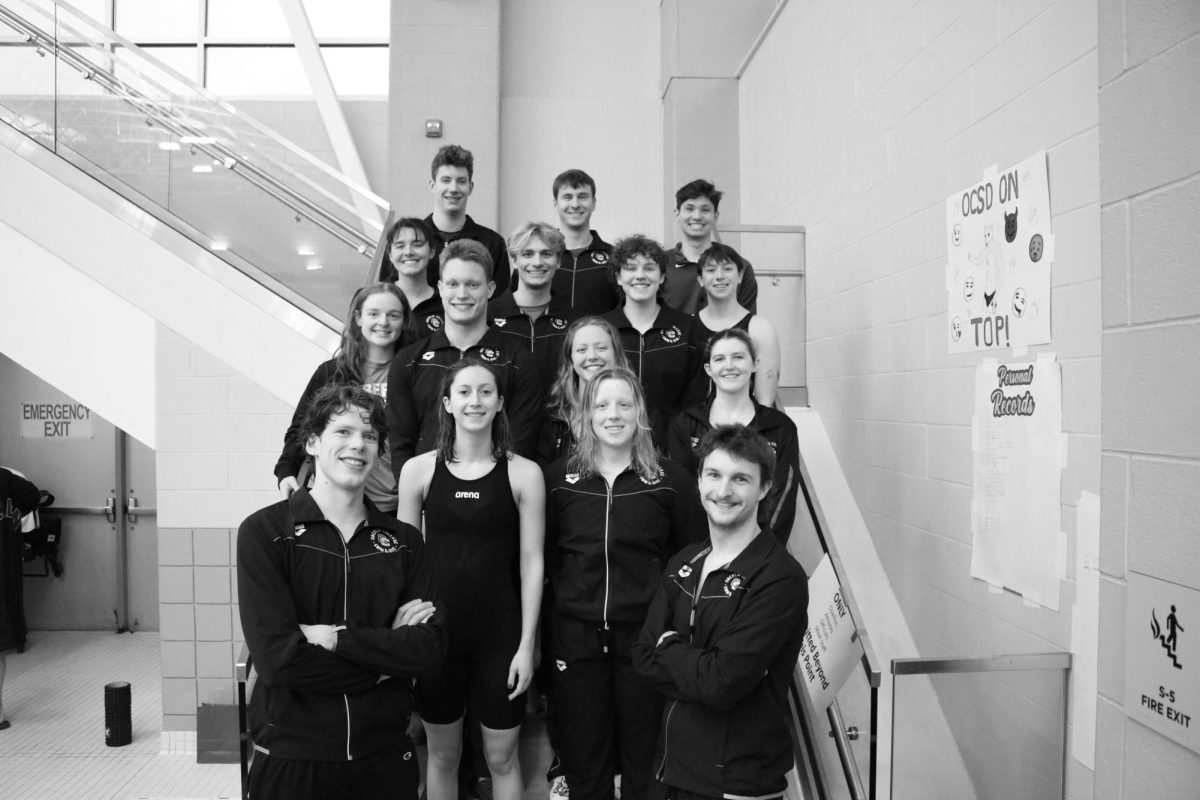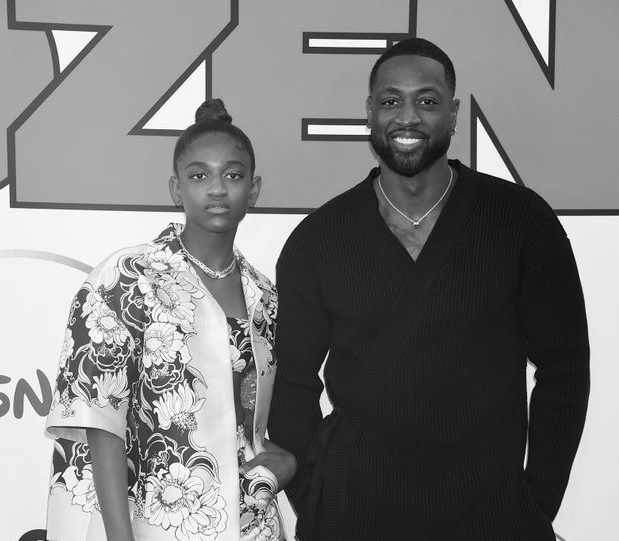Lyric Narrative through Sound and Movement: An Evening with Julie Carr
December 7, 2012
In an excerpt of prose poetry titled Pity, Pride and Shame, Julie Carr describes the act of a person rubbing his or her eyes, softly stating that with this repeated action, “the person has left the room, has refused, in leaving, to enter any other room.” This image is striking in its full emotional quality and action-based description; it does not use visual signifiers to create the mental scene, yet a potent version is instantly created in the listener’s mind. Carr, who read selections of her work aloud in Wilder on Dec. 3, draws on personal experience to create these evocative scenes.
Before becoming a full-time poet, Carr lived and worked in New York City for a decade as a dancer. There she was one of the co-founders of Improvisation Festival New York — now known as the Movement Research Festival — which she organized for many years before deciding to fully commit her time to writing. Carr’s affinity for movement and connection to bodily gesture is clear in her work; she has a striking ability to elegantly turn movement into narrative and use phrase and sound to create a sense of action and fluidity. When one listens to Carr read aloud, bodily gestures are given emotional and abstract qualities.
Pity, Pride and Shame, a prose project inspired by the first page of Rousseau’s Confessions, from which Carr took language using a mathematical equation of her own creation, was the first selection of work she read aloud on Monday night. In this project she focuses on form through a confessional mode, using excerpts of language from Rousseau and allusions to other romantic poets to have a candid conversation on romanticism and to create an open forum for reflection. She also read from two of her four published books of poetry: Equivocal and 100 Notes on Violence. Before reading from Equivocal, Carr made note that the book was written just after her mother was diagnosed with Alzheimer’s disease, and although her mother was still “present” when she was writing, much of the book deals with this transition. The book consists of a series of inquisitive poems in which Carr’s familial context is both clear and subtle. Many of the vignettes are full of references to animals, knowledge, childhood, aid and burden. Carr often asks the (maternal) audience if she can do something differently or anew, in raw, earthen, fragmented phrases such as “if I held your face like an untroubled day?” The poems are full of hope and helplessness, countless “what if’s?” turned into elegant narratives.
100 Notes on Violence focuses on research into local intimate and domestic violence in the American West, which Carr began after moving from California to Colorado, where she felt somewhat displaced in her new suburban environment. Although she did a great deal of research on this topic, comparing it to the street and urban violence of larger cities, most of the poems exist more as personal reactions to the research rather than official accounts.
In addition to her writing, Julie Carr teaches at the University of Colorado at Boulder and runs a small press, gallery and performance space in Denver with her husband. The press, called Counterpath, publishes six books of poetry, fiction, non-fiction and translation each year. When asked about her involvement with the press and how it interacts with her own writing, Carr explained that “being an artist is never just about making your art.” Many artists are gripped with anxiety, an anxiety that can kill their work, but when you become involved in something larger and put a big thing in the way of your own work, the weight of the ego falls away. Carr ended the evening with the suggestion that this larger involvement, the creation of community and work that both further one’s own art form while specifically helping other artists create the ultimate environment for inspiration and support.






